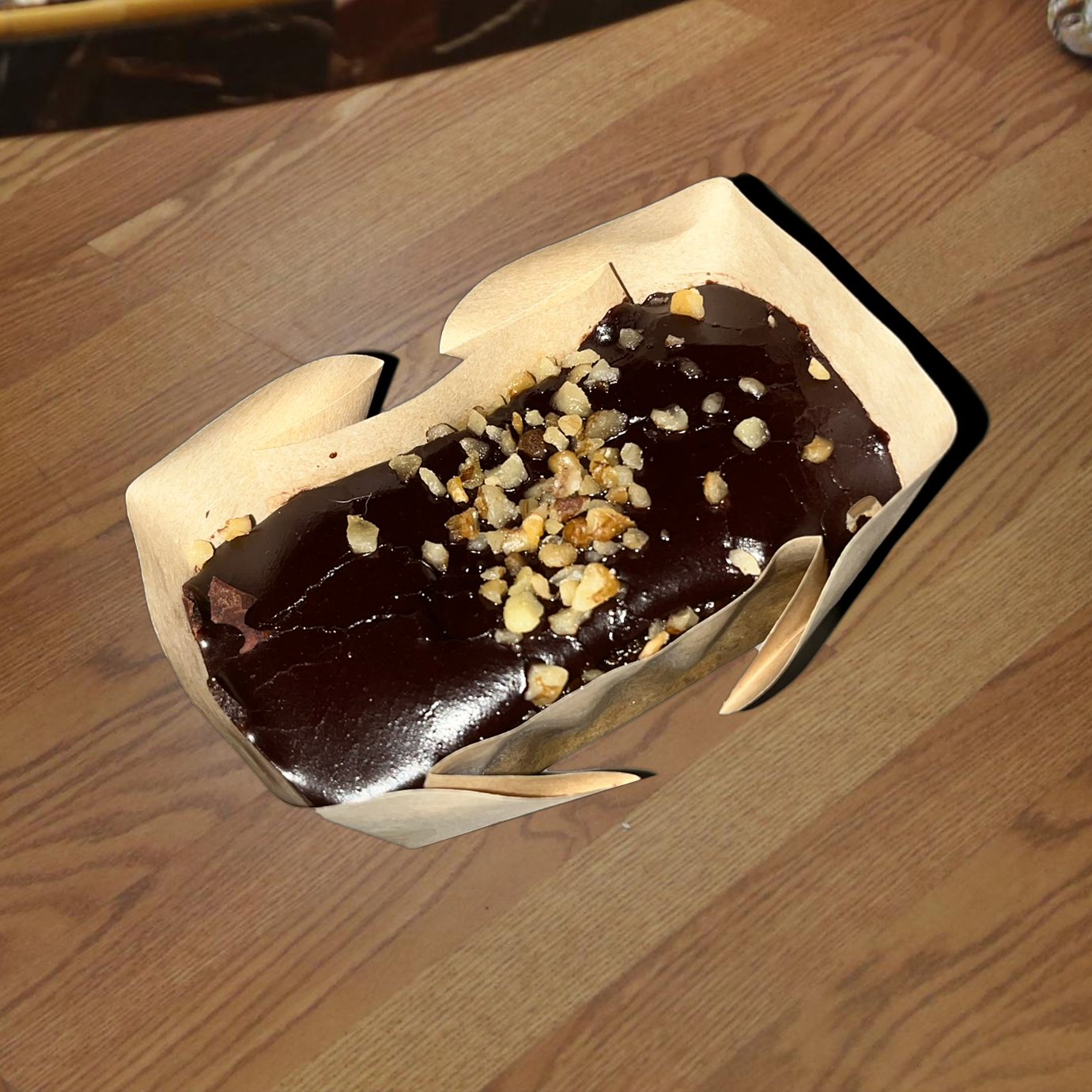
We fight climate change
with food waste reduction.
The key to combating climate change is literally on your plate, in your fridge,
but too often in the trash.
Food waste is a loss of resources and money,
and a major contributor to climate change.
Small changes can have a big impact—no extreme measures required.
What is food waste?
Edible food that is thrown away or wasted, though perfectly suitable for consumption.
Why it Happens: Failed cultivation, cosmetic standards, forgotten food.
Globally, 1.6 billion tons of food is wasted annually, with severe effects on the environment, economy, and society.
Energy & Resource Waste:
Wasting food also wastes the energy, water, and materials used to grow, package, transport, and process it. This leads to more CO2 emissions and harms the environment.
The Global
Food Waste Chain
Food Production & Waste
Globally, 4.678 million tons of food are produced, but one-third is wasted. Fruits and vegetables are the most wasted category, accounting for 42% of total food waste.
Waste occurs throughout the entire supply chain—affecting growers, manufacturers, supermarkets, and homes.
Strict cosmetic standards
Failed cultivation
Customs regulations
Retailer miscalculations
Improper storage at home
Key Causes:
The most wasted fruit
worldwide.
117 million tons are produced annually, and approx. 40 % is wasted throughout the supply chain.
Complex supply chain.
In each step of the supply chain, bananas are getting wasted due to size, temperature, color, fragmentations, etc.
The later in the supply chain food is wasted, the greater the environmental impact.
At Banana Cph, we believe in making the most of every resource. Beyond rescuing bananas, we also incorporate other surplus and upcycled ingredients into our products. For example, we use surplus carrot pulp from the Danish juice industry and coffee grounds that would otherwise go to waste.
These ingredients not only enhance our products with rich flavors but also help us further our mission of reducing food waste and promoting sustainability.
By upcycling these ingredients, we’re working towards a food system where nothing goes to waste and every bit of food can contribute to something delicious and impactful.
Together, we can make a difference—one bite at a time!
Not just
bananas!
We save bananas.
A circular banana life.
To this
From this
Plant-based products.
Overripe / ‘ugly’ bananas.
THIS IS THE AMOUNT OF BANANAS WE HAVE SAVED IN 2024 SO FAR.














